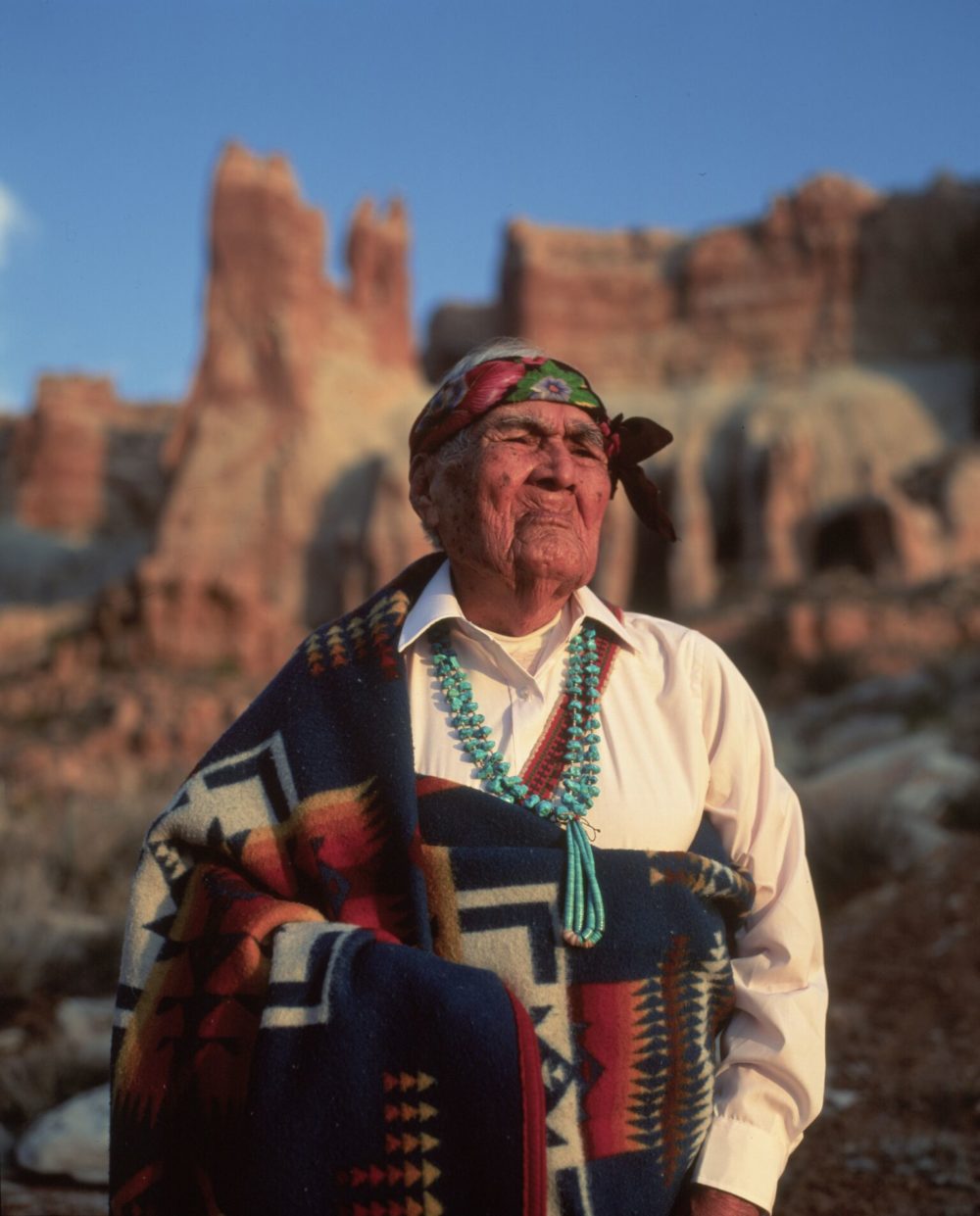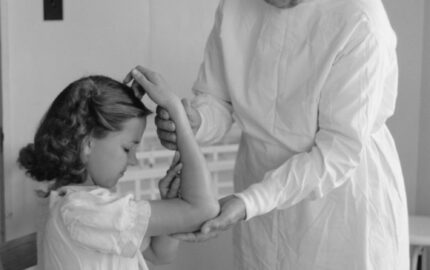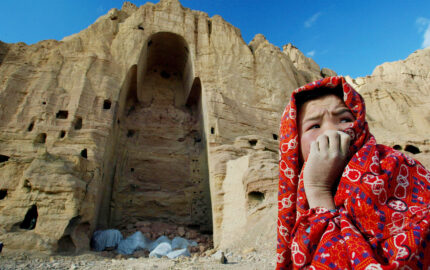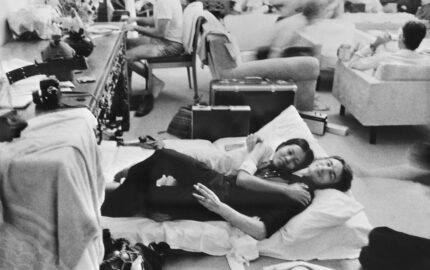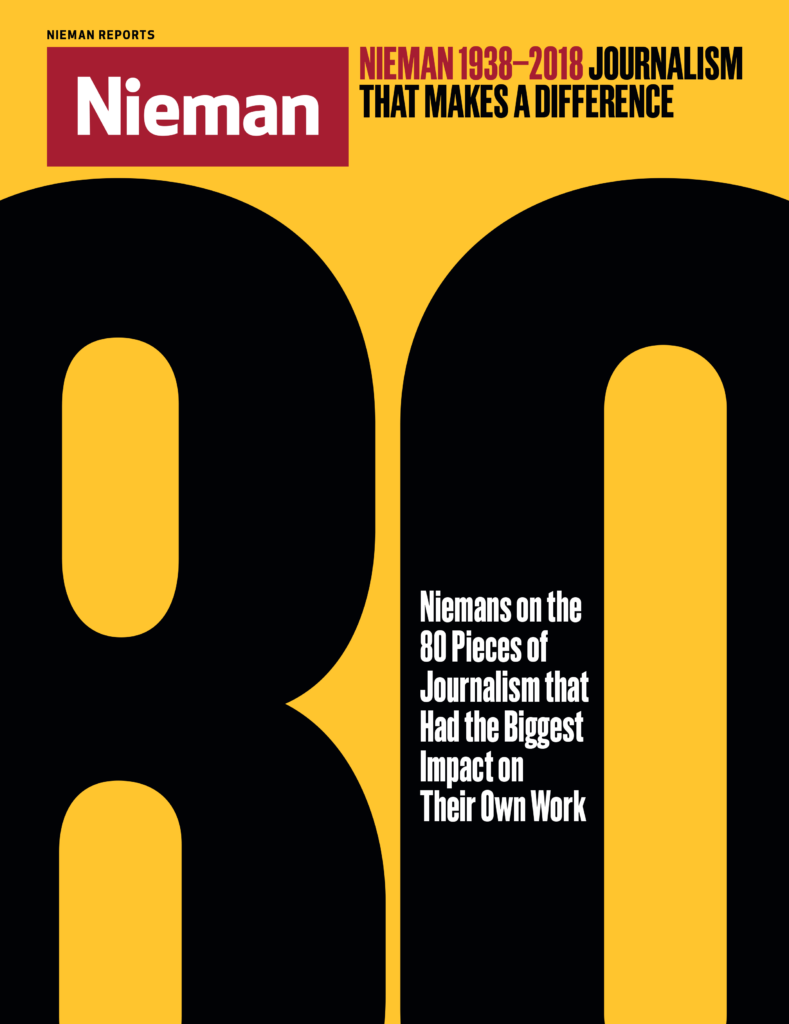
How are great journalists made? Often, it’s pieces of great journalism that help form them, influencing their lives or careers in an indelible way. To celebrate the Nieman Foundation for Journalism’s 80th anniversary in 2018, we asked Nieman Fellows to share works of journalism that in some way left a significant mark on them, their work or their beat, their country, or their culture. The result is what Nieman curator Ann Marie Lipinski calls “an accidental curriculum that has shaped generations of journalists.”
Literature was my first love, but journalism fulfilled a purpose—the chance to right wrongs. I became aware of the visual power of television and the spoken word. I was influenced by the long-form pieces I saw on “60 Minutes.” A product of the ’60s, I became deeply aware of the plight of Native American people—oppression at the hands of the federal government and repressive policies that resulted in the loss of language, lands, and traditional tribal lifestyles. I turned to history and read the record.
There were no other Native American TV reporters in the country that I was aware of when I was selected for a Nieman fellowship. My year at Harvard gave me the chance to broaden my world view, raise my consciousness, and learn from my colleagues. I took classes in history, politics, and South Africa’s apartheid.
I returned to New Mexico more confident about my work and my profession, still questioning authority and the official word, and very eager to continue the unsettled search for truth. I won an Emmy and a national award from the Investigative Reporters and Editors.
A special projects reporter for a TV station in Los Angeles, I was part of the team that produced “Surviving Columbus: The Story of the Pueblo People.” It was not only my story, but the story of many others who felt a need to tell the complete historic account of what occurred after the first encounter between Europeans and Pueblo People. It was an opportunity to tell the world about Pueblo People and to provide their perspective, and perhaps, even their version of history. A two-hour PBS documentary was rare, but to hear the collective voices of Pueblo People on film was even more rare.
Surviving Columbus: The Story of the Pueblo People
Taped by KNME-TV and the Institute of American Indian Arts
Directed by Diane Reyna
Hosted by Conroy Chino
Aired on PBS Oct. 12, 1992
Excerpt
Conroy Chino: I was born and raised [in Acoma, New Mexico] in this house coming up over here, so, close to the tracks. And, I remember as a kid standing outside my mother’s house and watching trains go by, sleek red and silver trains. It’s the village where I grew up. Played among these fields, played with mostly children here, and brings back a lot of memories.
I remember going to school and being taught that Columbus discovered America, a land populated by brutal savages who had to be conquered, converted, and civilized. In the official version of history, it always seemed better to be white than to be Indian. But at night when I came home to my family, my grandparents, especially my great-grandfather, would tell us stories and legends, myths about our past, about our history, that began long before Christopher Columbus set sail, before Spain was a nation, and even before Christ was born.
This, then, is our story. My story. A living story. A story of how Pueblo people have survived.
